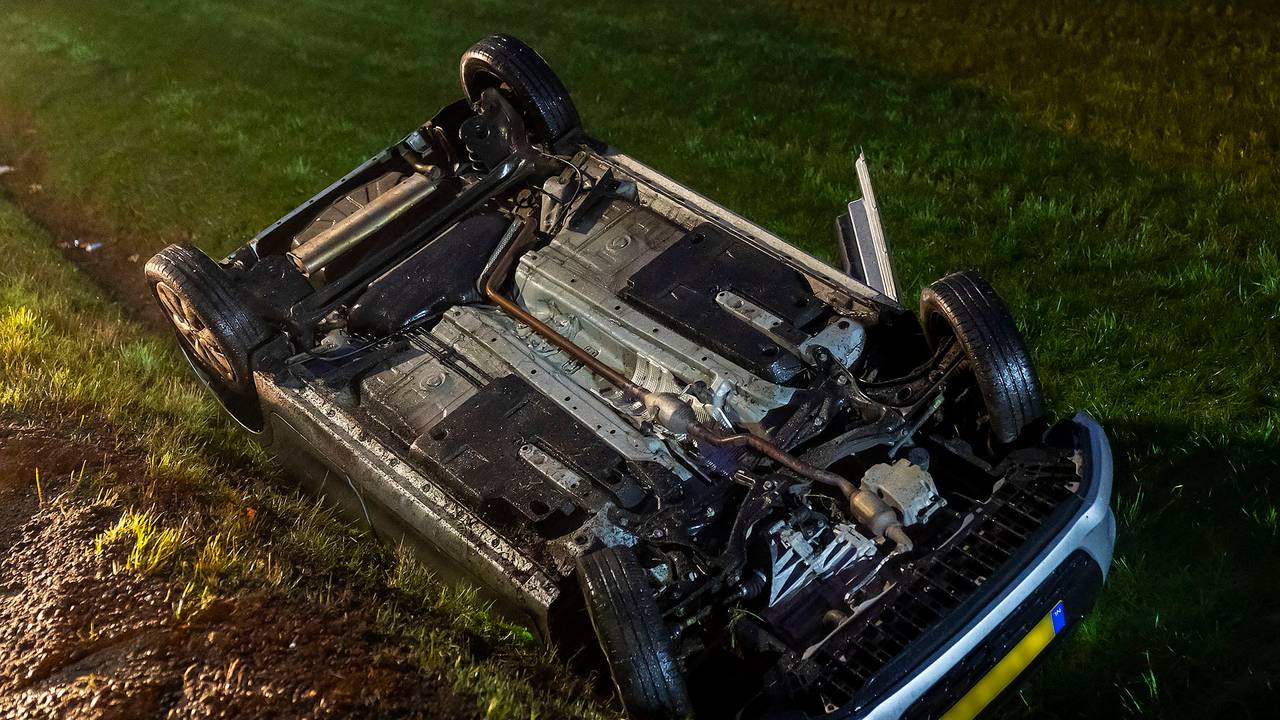The personalized immunotherapy with genetically modified defense cells is a big beacon of hope in the treatment of cancersthat affect the hematopoietic system. The university hospital Wuerzburg (FM) is both researching and optimizing the immunotherapies as well as in the treatment worldwide at the top.
Wuerzburg. On station M41 des university hospital Wuerzburg the hundredth patient received CAR T-cell therapy this week. The personalized immunotherapy with genetically modified defense cells is a great hope for patients suffering from a hematological cancer leiden.
element
So that the body’s own defense cells If the malignant cells in the blood, bone marrow or lymph nodes are better able to detect and destroy them, blood is taken from the affected person and a so-called leukopheresis is carried out. This means that to obtain the individual T-cells, the white blood cells, the leukocytes, are filtered out of the blood of the respective patient and the remaining components of the blood, plasma and red blood cells, are returned to the circulation. In the laboratory, the T cells are equipped with a surface marker tailored to the disease, the chimeric antigen receptor, or CAR for short. With this biosensor, the CAR-T cells are better able to recognize and eliminate the cancer cells.
furtherread
Since 2016, the team at Station M41 has administered a total of 100 infusions of these “armed” T cells. “It’s a lot in a lot of ways milestone‘ says Professor Dr. Max Top. The head of hematology and head of the CAR-T cell program in the Medical Clinic and Polyclinic II would like to thank his team for the excellent care of the patients.
Big challenge
“The first 14 days after the infusion are a major challenge for those being treated, the nursing staff and the medical team.” The increased amount of messenger substances released by the immune system can lead to extreme reactions in the body, changing blood pressure and breathing , word-finding disorders or even seizures can occur. Everything is usually reversible, but of course threatening for the moment.
The staff was therefore increased by an additional monitoring unit for the care. “Through detailed training and experience, each and every one of us has gained excellent skills and confidence,” says Max Top. “That, paired with excellent infrastructure, helps us to identify and act on complications early on. As a result, must university hospital Wuerzburg In an international comparison, only very few patients are treated in intensive care due to complications,” says Max Top.
“Where else ten to 15 percent of patients have to be looked after in the intensive care unit after the infusion, it’s in Wuerzburg only two percent.” In addition, there is a CAR-T cell coordinator at the UKW who controls and documents all steps – from leukopheresis, to the production of the CAR-T cells, their storage at -180 degrees and the application to the treatment result .
CAR-T cell therapy has so far been approved for four diseases: for the treatment of aggressive, very fast-growing lymphoma, the slow-growing, so-called low-grade lymphoma, for the treatment of acute lymphatic leukemia and multiple myeloma, a malignant disease of the bone marrow.
made a name
The university hospital Wuerzburg has made a name for itself worldwide in the field of immunotherapies and was involved in all approvals for the various indications with high-ranking published studies. CAR-T cell therapies have now been approved as standard therapy for various diseases because they are superior to conventional therapy.
For example, with non-Hodgkin’s lymphoma, in which the 35-year-old Christian Straub is ill, the hundredth patient to receive CAR-T cell therapy at UKW.

